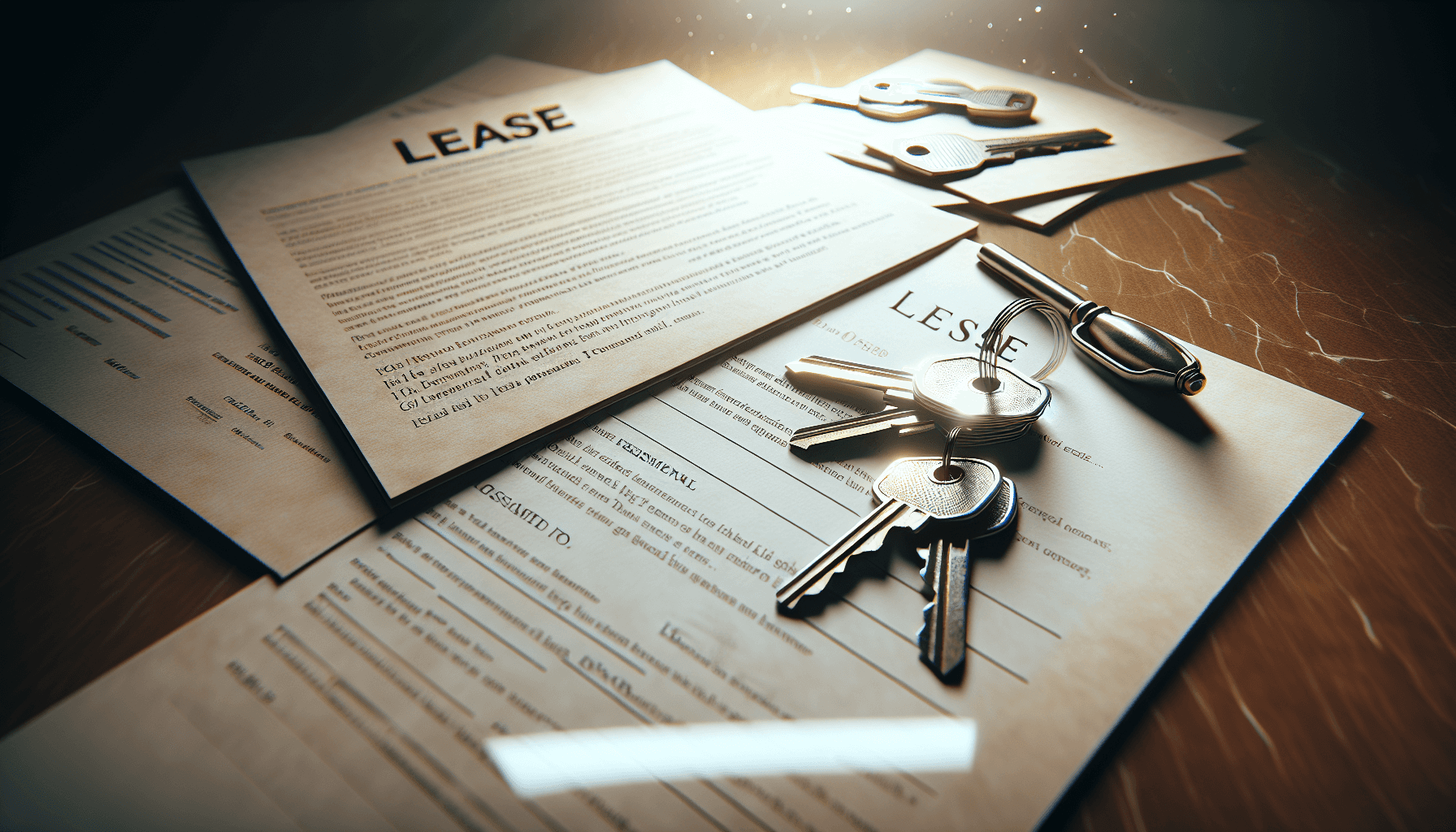What is an Automatic Extension Clause in a Rental Lease?
Moving into a new rental property brings plenty of paperwork, and one detail you might overlook is the automatic extension clause. I've noticed many renters skip right past this section, only to be surprised when their lease automatically renews. Let's clear up any confusion about this common lease provision.
Automatic Extension Clause: A provision in a lease agreement that automatically renews the lease for additional periods unless either the landlord or tenant provides notice to end it. The clause continues to extend the lease term until one party formally communicates their desire to terminate the agreement.
How Automatic Extension Clauses Work
These clauses come in different shapes and sizes. The most common renewal period I see is the month-to-month extension, where your lease continues rolling forward each month. Some properties stick to annual renewals, maintaining the same lease length as your original agreement. Other landlords might set up custom timeframes, like 3 or 6-month extensions.
The notice requirements make or break these agreements. Most landlords ask for 30-60 days' notice before you plan to move out. You'll need to send written notice - I can't stress enough that a quick text message won't cut it. Keep copies of your notification letter and any confirmation you receive.
Benefits and Drawbacks
For landlords, these clauses create a steady stream of income without gaps between tenants. They spend less time processing paperwork and can count on consistent occupancy.
If you're a tenant, you'll appreciate the stability. No scrambling to find a new place every year, and you can settle into your home without worrying about sudden moves. Your rent stays predictable, at least until the renewal period.
But watch out for some sticky situations. Missing your notification deadline could lock you into another term. Some tenants forget about the clause entirely and find themselves stuck in unwanted renewals. Rent increases during renewal periods can catch you off guard if you're not paying attention.
Legal Considerations
Different states handle these clauses differently. Some require specific language or formatting in the lease. Others limit how much notice landlords must give for rent increases during renewals.
The lease must spell out the extension terms clearly. If it doesn't, courts might not enforce the clause. I've seen disputes pop up when tenants claim they never knew about the automatic renewal - that's why clear disclosure matters.
Common Misconceptions
Let me clear up some confusion I often hear:
You can still break your lease during an extension period - the same rules apply as your original lease
Landlords can adjust rent during renewals if they give proper notice
Verbal notice isn't enough - get everything in writing
Courts won't always enforce unclear or unfair extension clauses
Best Practices for Managing Extension Clauses
Landlords should communicate clearly about renewal terms and keep detailed records. Send reminder notices before renewal deadlines and document all correspondence.
For tenants, mark your calendar with important dates. Know your rights under local laws. Start planning your decision about staying or moving well before the notification deadline.
Related Real Estate Concepts
Extension clauses connect to several other rental concepts. They differ from holdover tenancy, where you stay without permission after your lease ends. They create a periodic tenancy, with set intervals for renewal and termination.
Making Informed Decisions
Understanding your lease's extension clause helps you avoid surprises and make better housing decisions. Keep track of dates, communicate clearly, and always get everything in writing.
Need help understanding your rental agreement or finding your next home? Bellhaven Real Estate's agents know the ins and outs of lease terms and can guide you through the rental process. Reach out to us about your rental needs.

